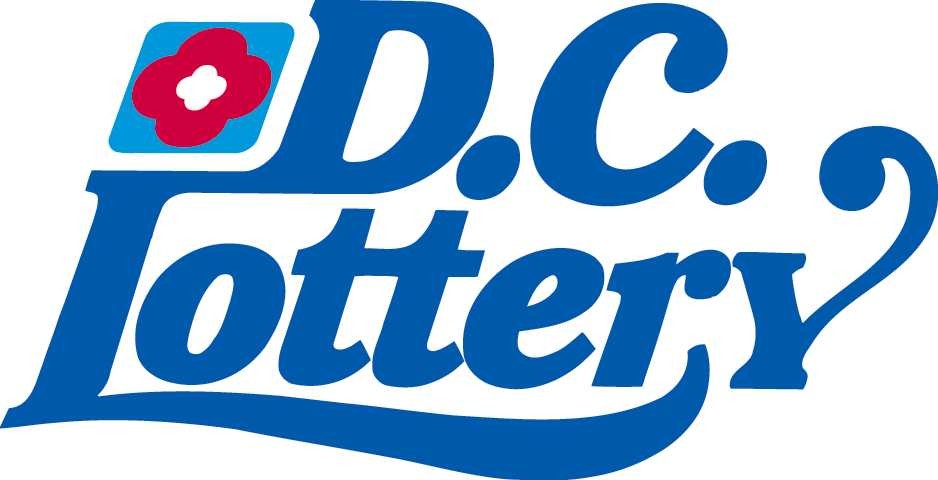 Plans by the District of Columbia to become the nation’s first online gambling market have at last taken a step forward with the long awaited announcement of public meetings taking place. The meetings, which were supposed to take place over the summer but were delayed for a number of reasons, will run from October 13 to November 17 and be done just in time for the turkey gorging season to start.
Plans by the District of Columbia to become the nation’s first online gambling market have at last taken a step forward with the long awaited announcement of public meetings taking place. The meetings, which were supposed to take place over the summer but were delayed for a number of reasons, will run from October 13 to November 17 and be done just in time for the turkey gorging season to start.
In a statement, DC Lottery Director Buddy Roogow said the meetings will “educate residents, constituents, and stake holders alike on what Internet gaming is and what it isn’t. Residents will get all of the facts and information they need to make a well informed decision on the impact of Internet gaming in the District and in their communities.”
When talking about iGaming, the only part we can see that might be hard to explain is the industry’s thirst for a bit of gamblin’ drinkin’ and carryin’ on. That’s of course if they mention it all. Send them over here and we’ll explain it in the only way we know how!
More importantly than the meetings explaining what iGaming stands for is that until the meetings take place, DC Council member Jack Evans won’t schedule a hearing on the program. That hearing is a precursor to the Lottery being allowed to start operating the program. Even then it’s unclear as to how long it could still take for the Intralot-powered program to be rolled out.
Delays have plagued the plans from the outset and the latest came early last month when three Council members called for an investigation into “anomalies” in the awarding of the contract to Intralot. This came after the meetings announced for later this month were setback in July and then August thanks to Council members wondering if it had undergone enough scrutiny.
This all leads us to believe that any DC citizens that were hoping to get online and start gambling will have to wait for the start of 2012 at the earliest. When this does go through, it will show that the long held belief we had is starting to come true – any online gaming industry legislation in the United States will be on a state-by-state basis and not federal.
